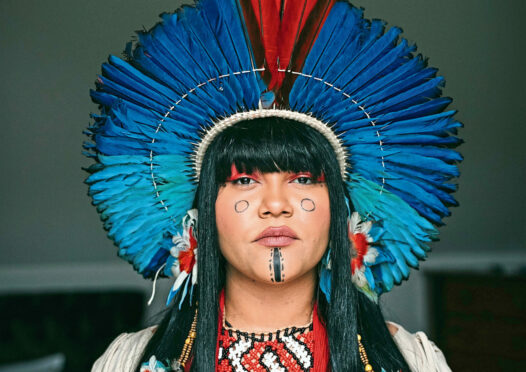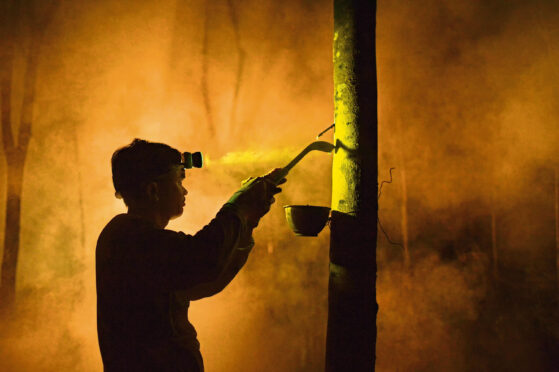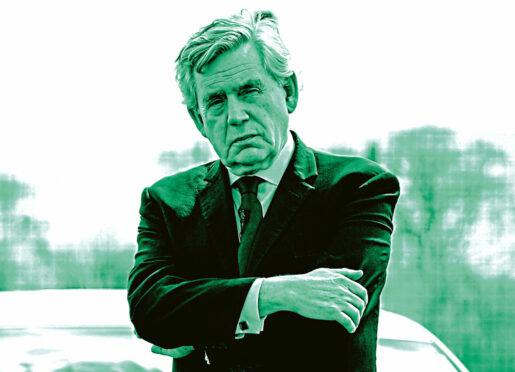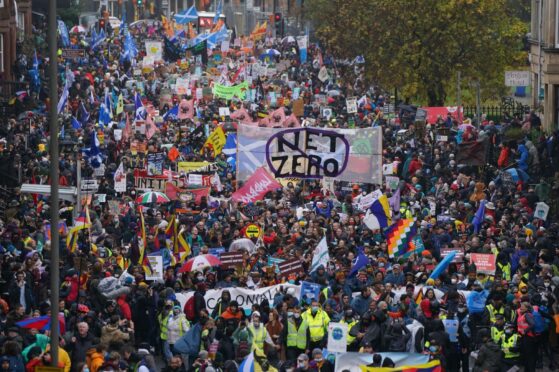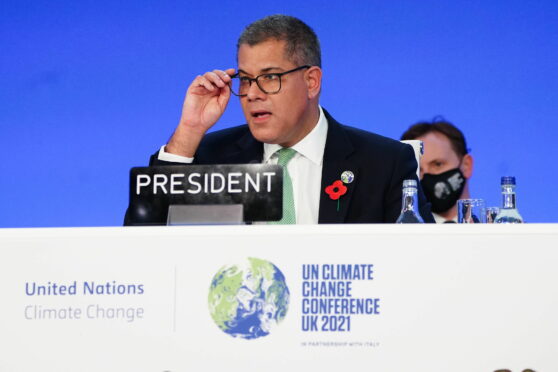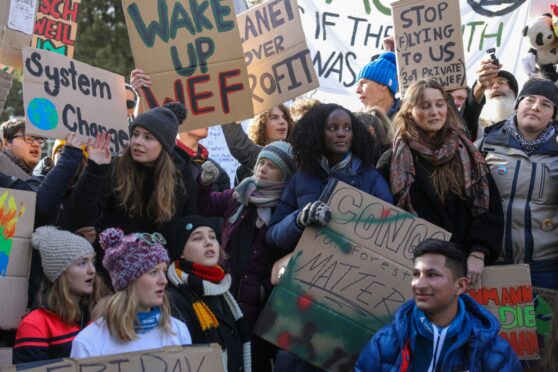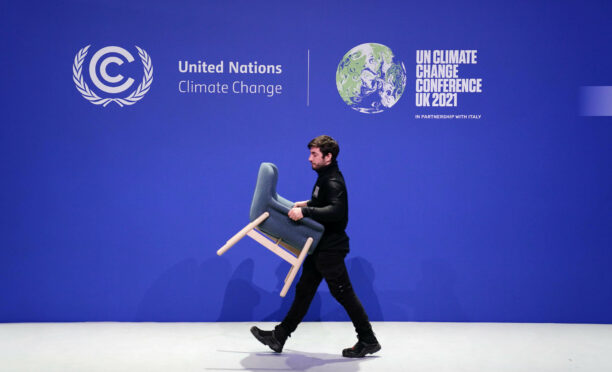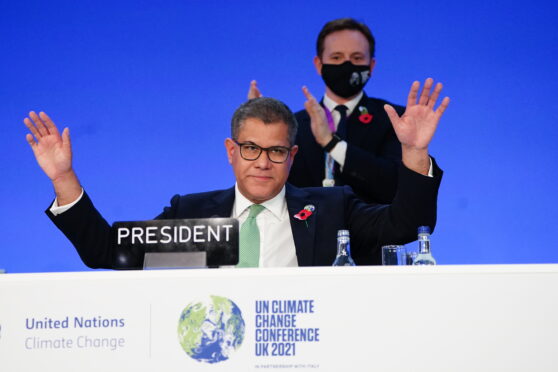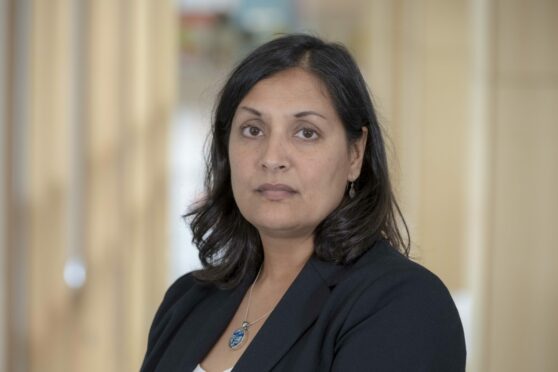
When talking about climate crisis, the temptation is to become ensnared in the science exposing the scale and urgency of the global emergency.
For Professor Tahseen Jafry, however, the focus is on people on the frontline, living in areas enduring a devastating impact. Jafry is the leader at the Centre of Climate Justice at Glasgow Caledonian University, and sits on the board of Scotland’s Climate Assembly. She and her colleagues bring rigour to the data and insights from fieldwork to help leaders create practical, long-term solutions to assist those most at risk.
She explained: “The poorest and most vulnerable, who have contributed least to the crisis, are suffering the most. The world’s richest economies have benefited enormously from industrialisation, and have a moral duty to support those on the frontline of the crisis.”
The Centre of Climate Justice’s award-winning project, Water For All, helped increase access to safe, clean drinking water and assisted in training in natural resources rights and management in countries such as Zambia and Malawi.
The project aimed to combat a significant way in which climate change was affecting everyday life. In many places across the globe, water scarcity is forcing women and girls to leave their communities in search of clean water, taking them away from education opportunities and putting them in potential danger of violence and exploitation.
Jafry said: “You can provide a lot of money into drilling boreholes and to provide water pumps but unless something fundamentally changes at a certain level, we will forever be providing short-term solutions to the climate crisis.
“We’re at a juncture where we cannot force nation states to change their policies and practices. The way we’re dealing with the crisis is providing as much scientific rigour, insight and data to support the argument for change.
“We have more questions than answers. Are we denying the poorest people a better quality of life because of our lifestyles here? Every single life matters and we must protect them and ensure that no one is left behind in fighting the climate crisis, and that every voice is heard.”

Enjoy the convenience of having The Sunday Post delivered as a digital ePaper straight to your smartphone, tablet or computer.
Subscribe for only £5.49 a month and enjoy all the benefits of the printed paper as a digital replica.
Subscribe